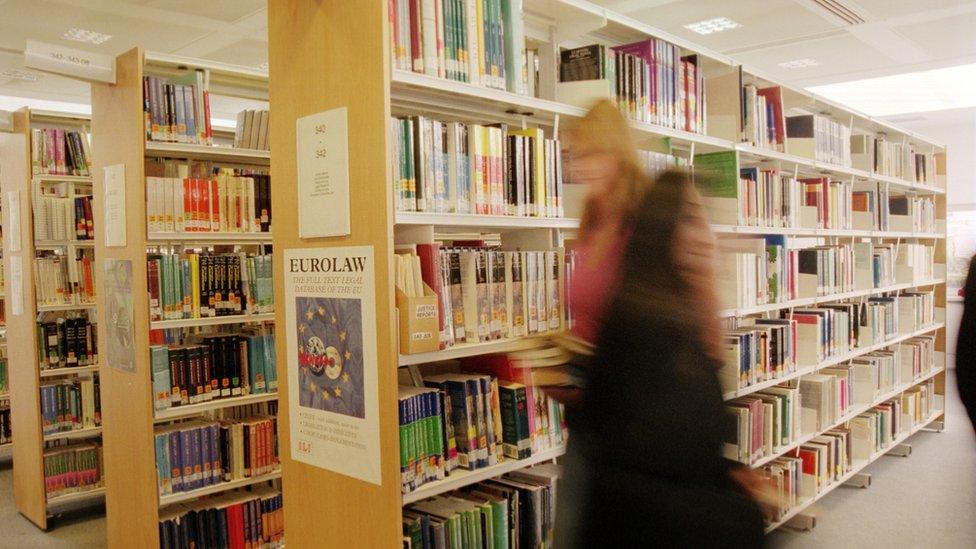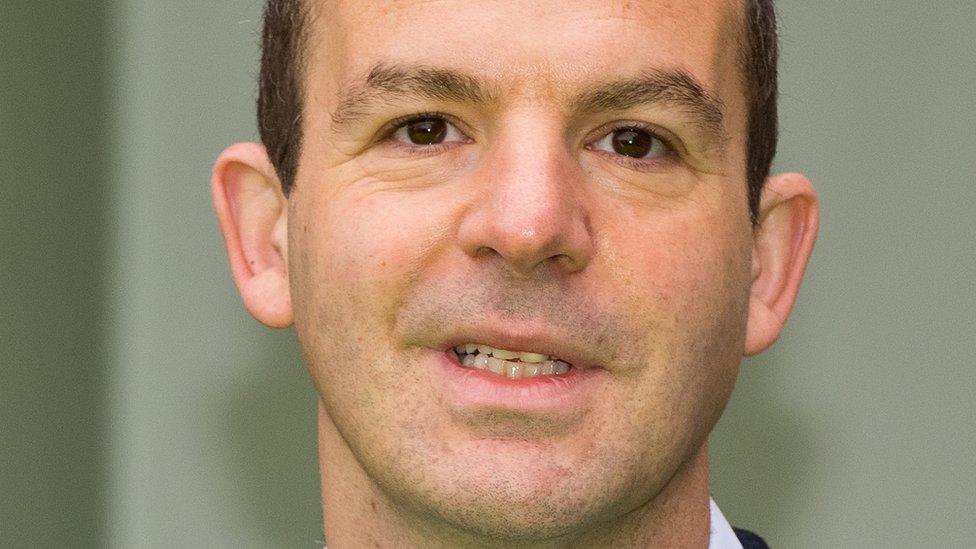Student loan payback petition tops 100,000 signatures
- Published

Students fear the change will make them worse off as the repayment threshold will no longer rise with inflation
A petition against government plans to freeze the salary threshold at which graduates must start paying back their student loans has topped 100,000 signatures.
This means the issue will now be considered for debate in Parliament.
When higher fees and loans were introduced in 2012, ministers said the repayment point would rise in line with average earnings.
But last year, the government decided to freeze it at £21,000.
Campaigners say lower-paid graduates will be hit particularly hard by the change because they will be paying a larger percentage of their monthly income.
Higher repayments
The petition,, external started last week by Alex True, an engineering student at Durham University, calls for the retrospective changes to the student loans agreement to be stopped.
"By introducing retrospective changes it threatens any trust in the student finance system," it argues.
It says the changes will mean 2 million graduates will end up paying £306 more a year by 2020-21 if they earn over £21,000.
By the end of last week, the petition stood at more than 100,000 signatures and has now reached over 120,000.
Money Saving Expert's Martin Lewis, who was involved in the consultation process on the original plan to reform student loans, called the change "a disgrace" and welcomed the petition's success.
"It is fantastic that this petition's numbers exploded so quickly to force a parliamentary debate.
"It shows there's real concern among students and parents.
"Having said that, I have already engaged lawyers, written to the prime minister and met with Jo Johnson, Minister of State for Universities and Science, and at every stage, the government has pig-headedly refused to budge even a fraction.
"My concern is even after a parliamentary debate they'll put their fingers back in their ears."
The personal finance journalist and former head of the Independent Taskforce on Student Finance Information, says the change goes against all forms of natural justice.
"If a commercial company had made retrospective changes to what they had promised about their loans, they would be slapped hard by the regulator.
"The government shouldn't be allowed to get away with it either."

A new student loan system came into force in 2012
The government says the threshold before borrowers have to repay their loans is still "relatively high".
A Department for Business Innovation and Skills spokesman said ministers had consulted on freezing the repayment threshold last year and the decision "along with our wider reforms is helping to ensure higher education remains sustainable financed and open to all students, irrespective of background".
- Published26 May 2016

- Published15 December 2015

- Published24 September 2015
